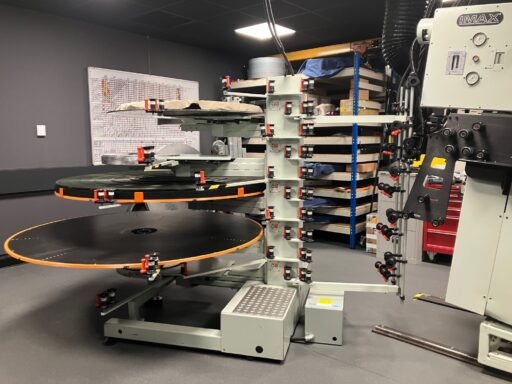
Projectionist Thomas Smith takes a behind-the-scenes look at the installation of Oppenheimer by Christopher Nolan, the longest IMAX 70mm film ever produced, as we get ready for its screenings at the Science Museum.

Projectionist Thomas Smith takes a behind-the-scenes look at the installation of Oppenheimer by Christopher Nolan, the longest IMAX 70mm film ever produced, as we get ready for its screenings at the Science Museum.
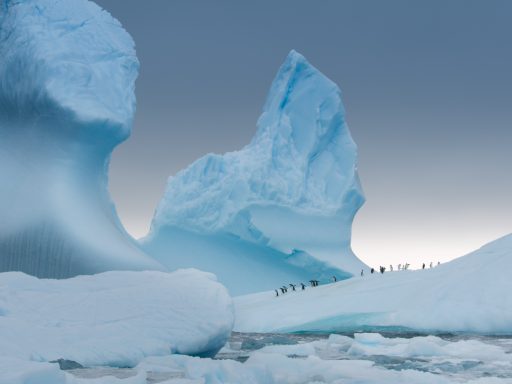
To celebrate World Antarctica Day, we spoke to Producer of BBC Earth’s Antarctica 3D, Jonny Keeling, about what it was like to film in the coldest, driest, windiest place on Earth for the giant screen.

A panel chaired by Jarvis Cocker discussed the advancing technology in music and where artificial intelligence might lead us. Chris Bell explores more.
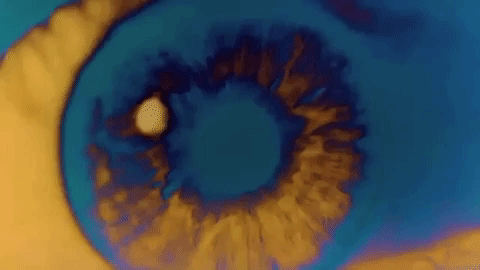
Associate Chemistry Curator, Rupert Cole, explores the chemical wizardry of Stanley Kubrick’s 2001: A Space Odyssey, and beyond.
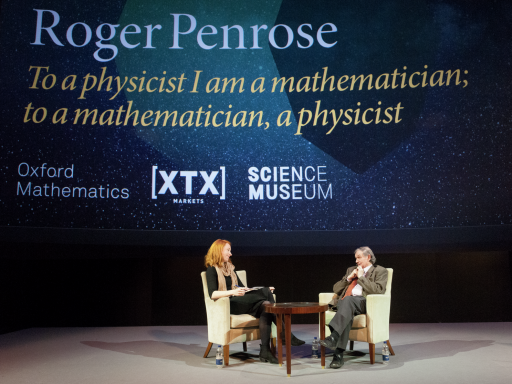
Roger Highfield, Director of External Affairs introduces the Oxford Mathematics public lecture.
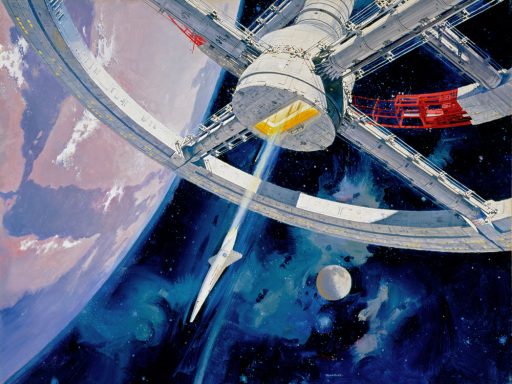
Director and Academy-Award winning visual effects designer, Paul Franklin, talks about his fascination with Kubrick’s sci-fi classic 2001: A Space Odyssey and the joys of watching an ‘unrestored’ print.
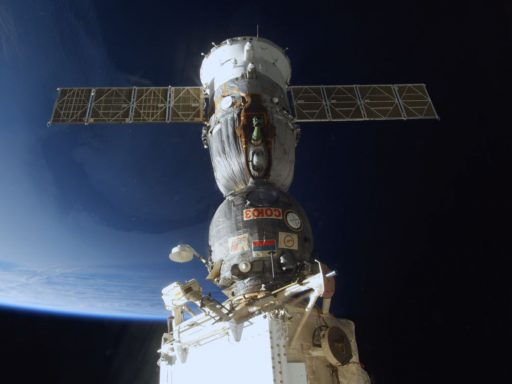
To mark the largest space event on Earth, we’re diving into our galleries and collections to discover the objects and activities that tell the story of international space exploration.
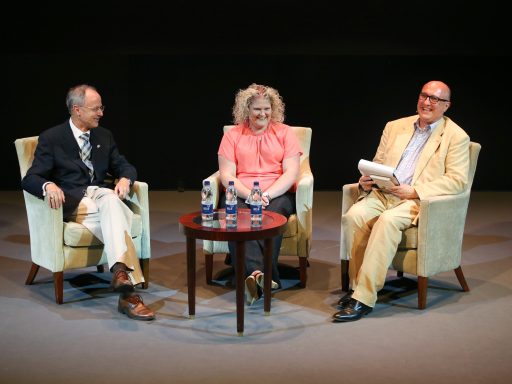
Roger Highfield, Director of External Affairs, celebrates the anniversary of the birth that changed reproductive science.

With Star Wars: The Last Jedi on our screens, we’ve been inspired to examine the science behind this epic space saga.
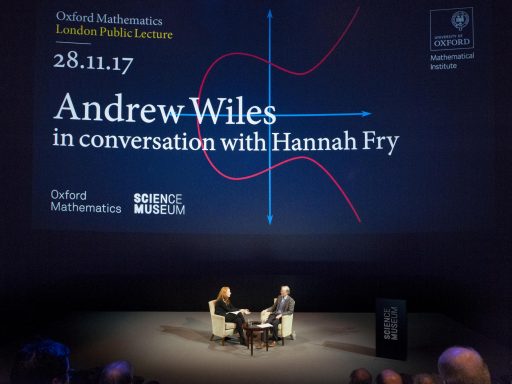
Roger Highfield explores the beauty of mathematics at a recent event at the Science Museum
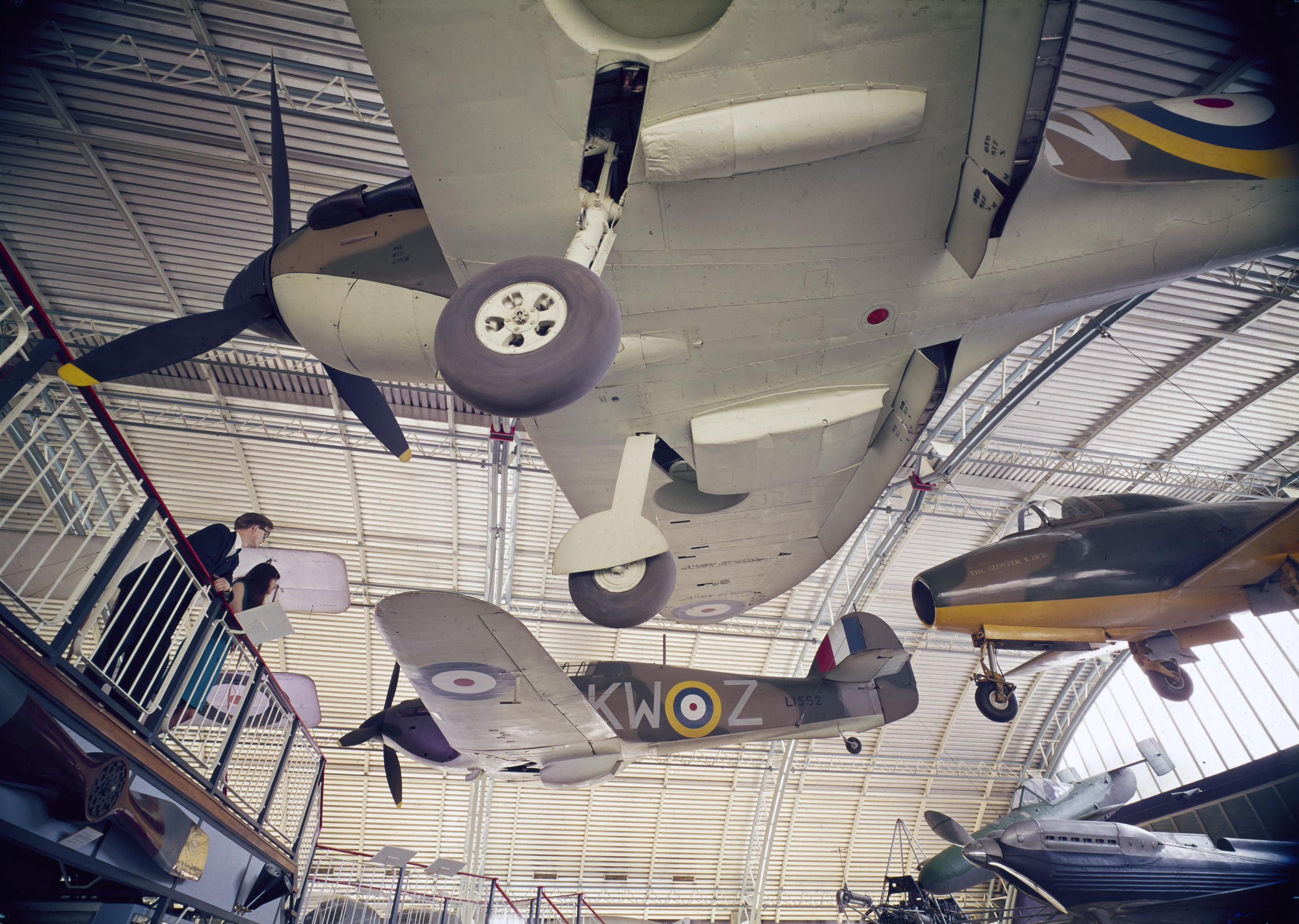
You can now watch Christopher Nolan’s latest block-buster ‘Dunkirk’ at the Science Museum IMAX Theatre. After the film you can explore the stories behind the innovative aircraft that saved countless lives and turned the tide of the war in our Flight Gallery.
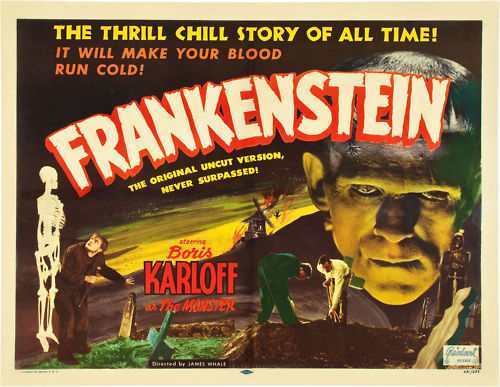
To mark the 200th anniversary of Frankenstein, leading figures discussed Mary Shelley’s extraordinary story reports Roger Highfield